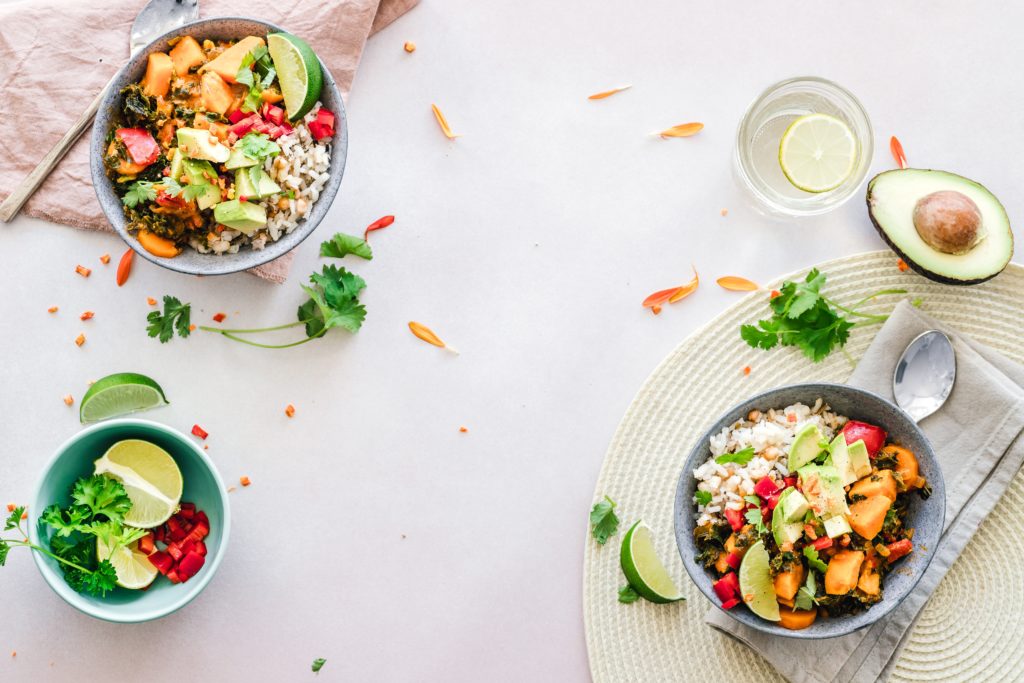Thanks to documentaries such as Seapiracy and Kiss the Ground, the impact that our food has on our environment has become a hot topic in recent years. While many researchers recommend switching to a vegetarian or vegan diet, this is easier said than done. However, if you’re looking to do your part in helping to mitigate climate change, understanding where your food is produced may be the first step to helping reduce your environmental impact on the planet. To help you take that first step, here are a few foods that may help you on this environmentally-friendly journey:
According to Healthline, produce with a lower carbon footprint should be at the top of your grocery list. If switching to a plant-based diet is out of the question, implementing an unprocessed, whole foods diet is one way to help the environment and your body.
- Vegetables: root vegetables such as potatoes and carrots. Mushrooms, leafy greens and tomatoes are also great.
- Whole grains: Bulgar, barley, oats, buckwheat, brown rice, etc.
- Fruits: Make sure they’re fresh, organic and local: oranges, apples, bananas, avocado, grapes, etc.
- Nuts: Walnuts, cashews, macadamias, pecans, etc.
- Beans: Kidney beans, black beans, etc. And organic where possible.
- Legumes: Chickpeas, lentils, soybeans, black-eyed peas.
- Sustainable seafood: Visit the WWF and SASSI website for a list of sustainable seafood.
What else you can do:
Another amazing way to support environmental efforts is to shop locally and in season. For example, avocados that are not in season within South Africa are usually imported from Spain. Not only will you be saving a ton of money (avocados are R70 out of season), but you’ll be supporting local farmers too.
Shopping organic is not always possible, but it is an excellent way to be more sustainable. Organic produce contains more vitamins, minerals and antioxidants than non-organic fruit and vegetables.

